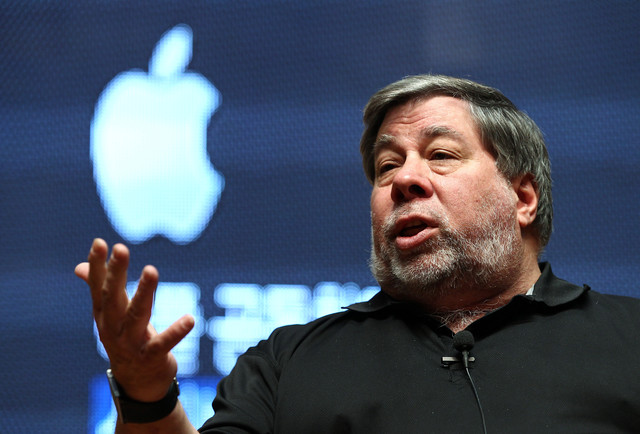Since the beginning of the internet, search has taken a cardinal place in our interaction with data. First Yahoo and then Google made sure our homepage is a search page.
Microsoft went on and translated this behavior into the application on the PC, and now we have a search box almost in everything and everywhere…
With Adwords technology Google cracked the way to monetize search behavior. The search term that the user enters translated to ads that the user wants at that moment.
Smartphones arrived and quickly become a main vector for search, both of the Internet and of ever growing app stores. Importantly they also heralded the arrival voice recognition technologies and of voice search. But as technology advances there is a quest to predict the search. To analyze requests and behavior so that the information we seek is already there waiting for us. We can see it in action with programs like Google Now that collects information about you from a range of sources and tries to predict what you need, whether it’s directions to work, your flight times that day or what the weather will be like.
But in less obvious move, many successful mobile apps have removed the search field and actually providing people with suggestions or things to discover as a way increasing engagement as well as servicing and increasing the value of apps and services.
There are many examples of this discovery mechanic in online news where services like Outbrain and Tabula offer more content to people who read news, and monetize through pay-per-click
Other examples of discovery replacing search are popular apps like Instagram, Flipboard and Facebook where people are encouraged to roam and discover news, pictures or friends.
Perhaps the best example of this is Tinder where rather than searching for match, the app makes constant suggestions that the user accepts or rejects
I think in 2015 we will see this trend getting stronger and more apps and services will increase the promotion of content to their customers as a way to keep them interested in using the application or service.







